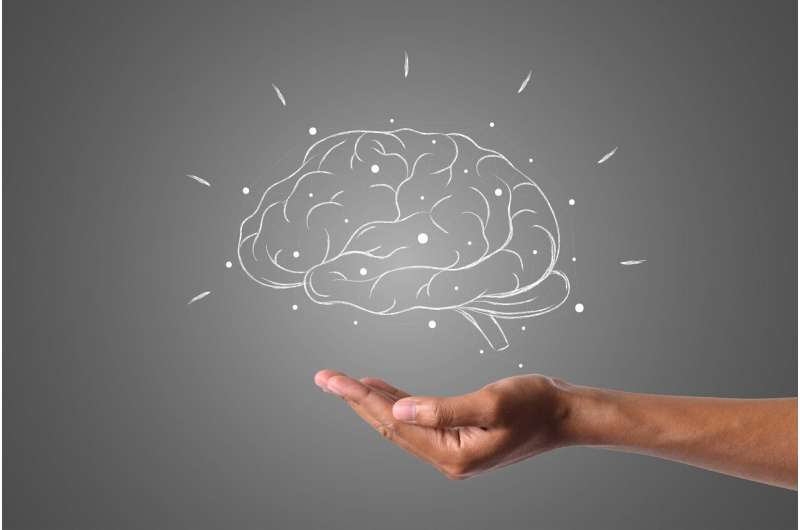Can brain stimulation improve memory formation?

For some adults, the use of a responsive neurostimulation (RNS) system implanted in the brain can help lessen or control seizures related to certain types of epilepsy. The device works similar to a pacemaker but is implanted in the brain and programmed to recognize a person's seizure patterns to automatically respond. Researchers at Baylor College of Medicine found that the electrical stimulation improves verbal memory for those with RNS system when activated during certain memory tasks.
The findings, in the March edition of Neurosurgery, specifically looked at how memory was affected when the brain was stimulated while a person was actively learning a list of words.
"There has been long-standing interest in the medical community regarding the effects of electrical stimulation of the brain and memory since memory formation is mediated by naturally occurring electrical rhythms in the brain," said Dr. Zulfi Haneef, associate professor of neurology at Baylor and lead author on the study. "Since there is already a population of people using RNS, we were able to find a small group of 17 volunteers to take part in the study."
Researchers met with patients during regular clinic visits to assess their RNS system. At the start of the visit, researchers read out a list of words with or without brain stimulation using the RNS device every third word. At the end of the visit, the patients were asked to recall the words. The recall score was higher when the RNS system was activated while the list was being read.
"The patients were not aware of when the RNS system was being activated. We alternated when patients were undergoing stimulation versus no stimulation, and still found that when patients' RNS systems were activated, their memory recall score was greater than when there was no stimulation," Haneef said. "Most patients had stimulation of the hippocampus, which is the region of brain responsible for memory. Moving forward we would want to look at how different patterns or standardized stimulation patterns affect memory. Each patient has their own RNS stimulation pattern that is specific to their types of seizures and that is what we used for this study."
While the study involved a small number, Haneef said the findings have a wide range of implications.
"We were able to identify that the RNS system can be effectively used for memory research. These findings are just start of our observations. They will open the door to more far-reaching studies involving other conditions that cause memory or learning problems."
"Although RNS is designed to control seizures, many epilepsy patients also report memory problems," said Dr. Jennifer M. Stinson, assistant professor in neurology and the senior author of the study. "Projects like ours promote comprehensive approaches to clinical care that impact different aspects of a patient's life"
Others who took part in the study include Jay R Gavvala, Hannah L. Combs (currently with Methodist Hospital), Albert Han, Irfan Ali, Sameer A. Sheth and Jennifer M. Stinson, all with Baylor College of Medicine during the time of the study.
More information: Zulfi Haneef et al, Brain Stimulation Using Responsive Neurostimulation Improves Verbal Memory: A Crossover Case–Control Study, Neurosurgery (2022). DOI: 10.1227/NEU.0000000000001818



















